Did you know that the term ‘greenwashing’ emerged from the tourism industry?
Back in the 80s while visiting a hotel in Fiji, Jay Westerveld noticed signs imploring guests to use fewer towels to save the planet. But with a contradiction: the resort was doing nothing to protect the environment itself and was in fact expanding into the local ecosystem aggressively. Putting thoughts into words, he then coined the term ‘greenwash’ in a 1986 essay about deceptive practices in the hotel industry and the rest is history.
Today, several decades later, these sly little notices are still surprisingly common in hotels but greenwashing in tourism has grown way beyond dirty laundry.
Especially when responsible tourism is absolutely booming. In 2024 more than 80% of global travellers believe that sustainable travel is important. 75% of people say they want to travel more sustainably over the next 12 months. And the industry is set to exceed 10 trillion by 2032. But that sadly means tourism operators are finding ways to exploit travellers’ best intentions of reduced impact on the environment, local ecosystems and communities.
Let’s take a closer look at greenwashing in tourism, how to spot it and tips to operate better.
Greenwashing in tourism: 10 examples & red flags
First of all let’s go through some examples of what greenwashing in tourism can look like.
1. Eco-veneer, harmful reality
A rustic lodge with bamboo furniture may communicate the vibes of sustainability but without any substance. Some lovely looking “eco-hotels” still burn diesel for power, pump sewage into rivers, or drain water supplies with sprawling pools. Even natural building materials can damage ecosystems if harvested without care. Harmonious aesthetics should be backed by suitable infrastructure and this should be visible, too.

2. Dubious wildlife experiences
Not all “sanctuaries” or “experiences” put animals first. If you see elephant rides, bathing sessions, chains, no limits on crowds, or gratuitous photo ops, that’s entertainment, not welfare. Genuine sanctuaries limit human interaction and focus on habitat protection, not selfies that are only great for The Gram.
3. No biodiversity safeguards
For hotels to be paradisiacal retreats they are often based in picturesque nature. Yet, some resorts tout their slice-of-paradise’s organic food and solar panels while bulldozing mangroves or disrupting coral reefs next door. Or, more trivially, they just turn a blind eye to the surrounding environment while keeping the resort pristine. A credible operation considers the full picture – not just carbon or energy use but also protecting the ecosystems around the resort and beyond.
4. Recycling that isn’t
Bins labeled “recycling” or “compost” look reassuring but many destinations lack facilities to handle the waste. Items may end up in landfill anyway. Authentic waste reduction – perhaps embellished with claims of zero waste or circularity – will make sure the waste is processed, not outsourced to a system that snaps outside of the resort’s boundaries.
5. Manufactured “authenticity”
Tours marketed as “authentic cultural experiences” can reduce traditions to performances tailored for tourist cash. From staged rituals to exaggerated folklore shows (think The White Lotus – Series 1), these entertainments can erode local heritage instead of supporting it. Experiences designed and led by communities are far more respectful, as well as being less awkward to behold.
6. Carbon neutral claims
“Carbon neutral” flights and stays sound like a perfect solution to the problematic impacts of travelling. But these claims are almost always vague, heavily offset-based, or backed by low-quality tree-planting projects. Unless paired with real emissions cuts, these promises are more marketing than action. This is why ‘carbon neutral’ is becoming a regrettable term that many brands are moving away from. Some, such as Lufthansa and even Apple, have been penalised in court for misapplying it.
7. Fair work overlooked
Sustainability isn’t just environmental – it’s about people too. Some operators market themselves as eco-conscious while underpaying staff, ignoring worker safety, or failing to provide fair conditions. If people aren’t respected, it’s not sustainable – even in the unlikely paradox of the planet being respected while people are being pummelled.
8. No proof behind the promise
Buzzwords with no legal meaning like eco, green, natural, conscious or responsible mean little without evidence. Reputable businesses back claims with certifications or audits from credible bodies. If there’s no third-party validation, take the marketing with a pinch of salt.
9. Passing the burden to guests
Whether it’s signs asking diners to finish their meals or hotels urging guests to offset their own carbon, many initiatives push responsibility onto travelers. Meaningful sustainability that makes an impact requires systemic changes, not customer behavior changes. If there’s a disproportionate amount of gaslighting towards guests then it’s a red flag.
10. The stubborn old towel schtick
Further to the above, as we said at the start of this post, hotels still love the classic “reuse your towel to save the planet” sign. It’s amazing. Of course, the daily laundry continues regardless, while larger systemic issues – like outdated, water-guzzling washing machines – go untouched. That’s shifting responsibility onto guests while polluting behind their backs.
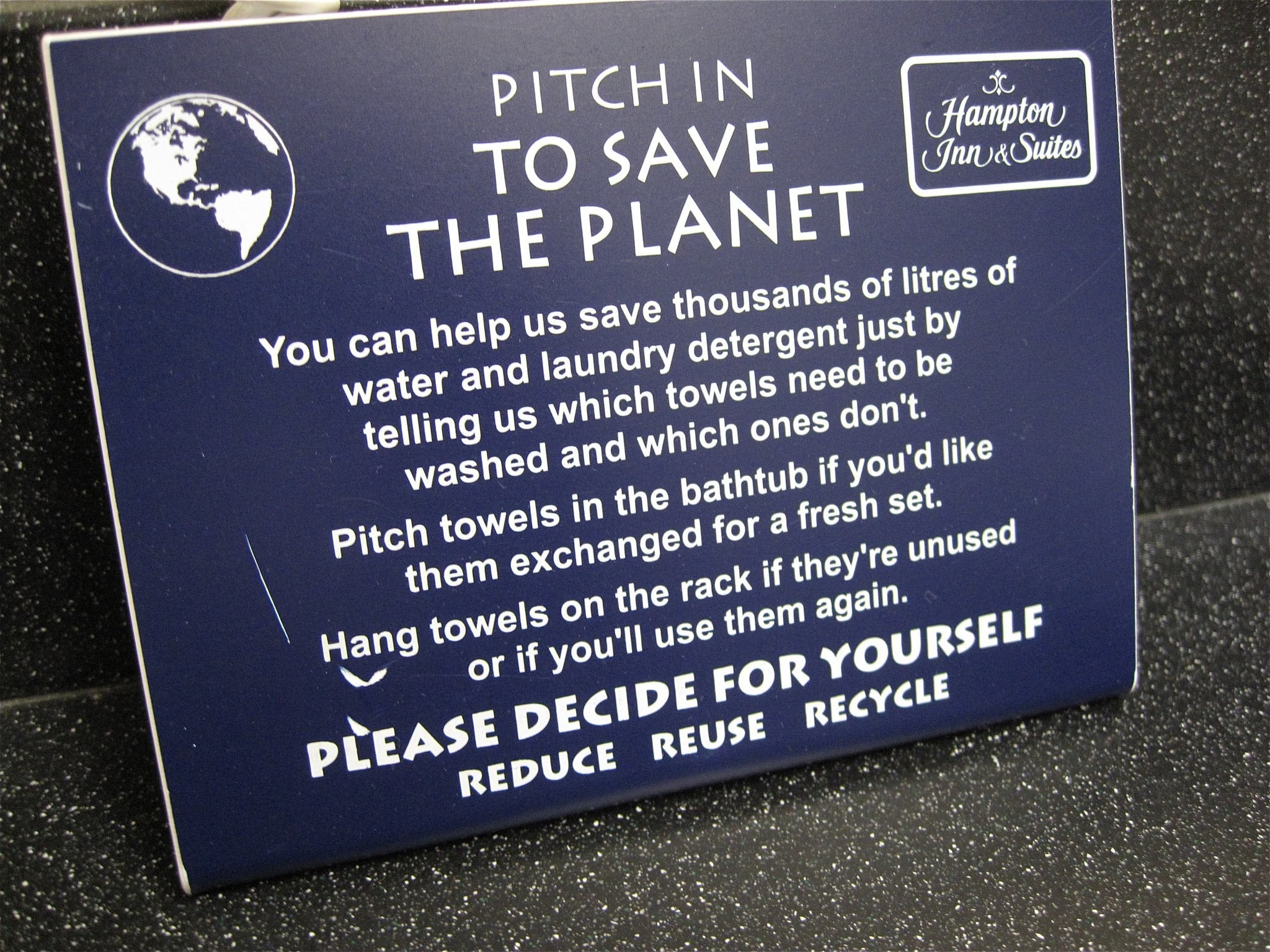
Case Study: The Secret Campsite
The Secret Campsite is an award-winning camping and glamping site in East Sussex, near Brighton, that has championed wildlife conservation and low-carbon design. In contrast to operators that overemphasise token measures, The Secret Campsite is an example of responsible tourism that counters common greenwashing red flags. Last year, they also started the journey towards B Corp Certification, which will be further proof of their fine work.
Here is how The Secret Campsite demonstrates sincere sustainability:
1. Substance over style: award-winning low-carbon design
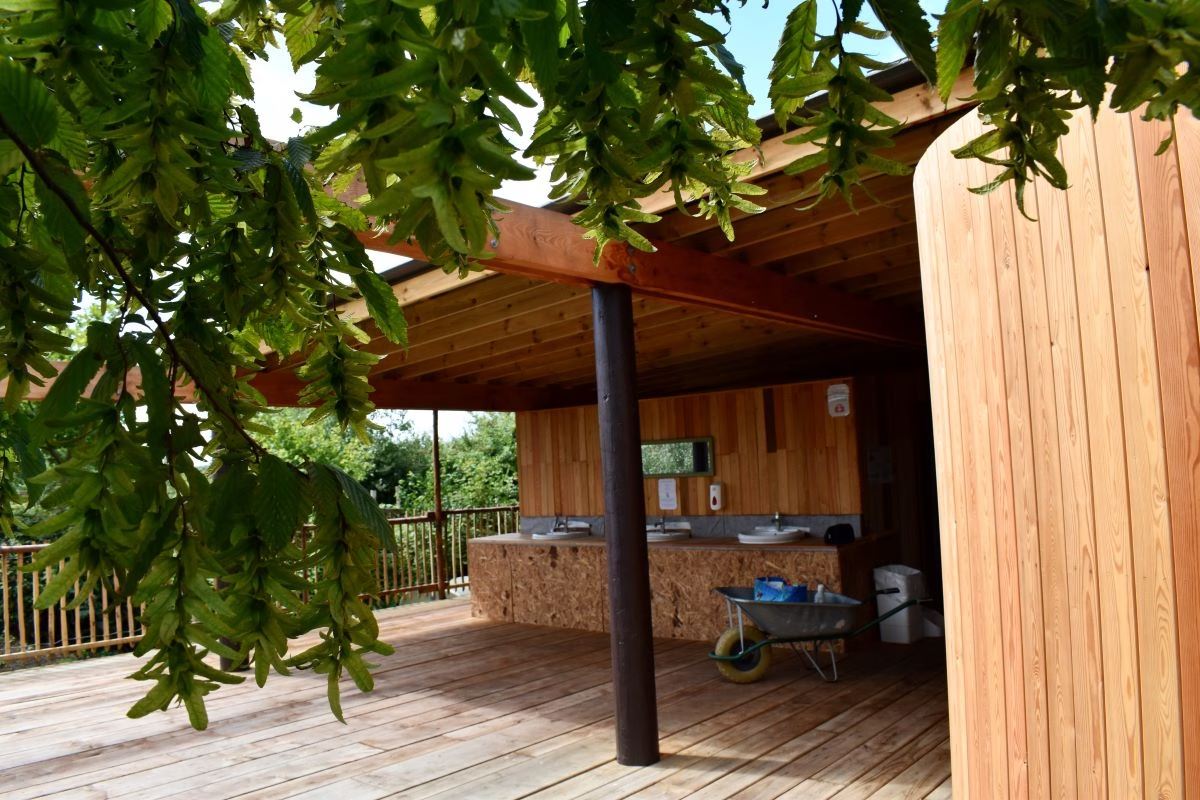
While a simple cotton canvas tent might look “natural,” the campsite backs up its aesthetic with award-winning infrastructure. This counters the “Eco-veneer” greenwashing red flag.
- Award-winning design: Their new Wash House won The Best Sustainable Design Project at the Structural Awards (IStructE Scotland Regional Group).
- Minimal carbon: The building achieved an impressive A++ rating in embodied carbon assessments.
- Resourceful construction: The building was constructed using locally sourced and reclaimed materials, including reclaimed BT telegraph poles, floorboards from a locally felled Chestnut tree (using the whole trunk), and shower trays cast from brick waste sourced from a local brickworks.
2. Circularity: closed-loop water, power, and waste
The Campsite avoids the “passing the burden to guests” red flag by addressing its own waste and resource usage, keeping the campsite’s footprint minimal.
- On-site utilities: The facilities are powered by a 19KW solar PV system.
- Water management: All toilets are flushed using a rainwater harvesting system.
- Zero-waste sewage: A silent rotating disc sewage treatment plant processes all sewage, turning it into clean water on-site.
- Biodiversity aware: The Wash House has no external lights installed to prevent light pollution and support the wild locals, such as bats, moths and glow worms.
- No notices about towels: Needless to say, these are not inflicted on campers.
3. Ethical impact: wildlife and community regeneration
The Secret Campsite connects the well-being of the planet with its people and local environment, countering the disconnect inherent in the “No biodiversity safeguards” red flag.
- Habitat creation: After opening in 2012, the owners planted over 1,000 trees and shrubs to create new habitats, and they use a small flock of sheep to graze the site over winter to maintain a meadow habitat that encourages biodiversity.
- Wildlife partnership: They are proud Business Members of the Sussex Wildlife Trust and have raised £20,000 for the Trust through camper donations and their events.
- The Secret Wildlife Festival: They run the annual Secret Wildlife Festival, which has raised over £18,000 for the Trust, and they actively provide opportunities for guests to connect with nature through ID sheets and guided activities (listening to Nightingales, detecting Bats, etc.).
Tips for travellers to spot greenwashing – infographic
We prepared this infographic as part of another post on how to spot greenwashing – and all of this stands true in the tourism sector.
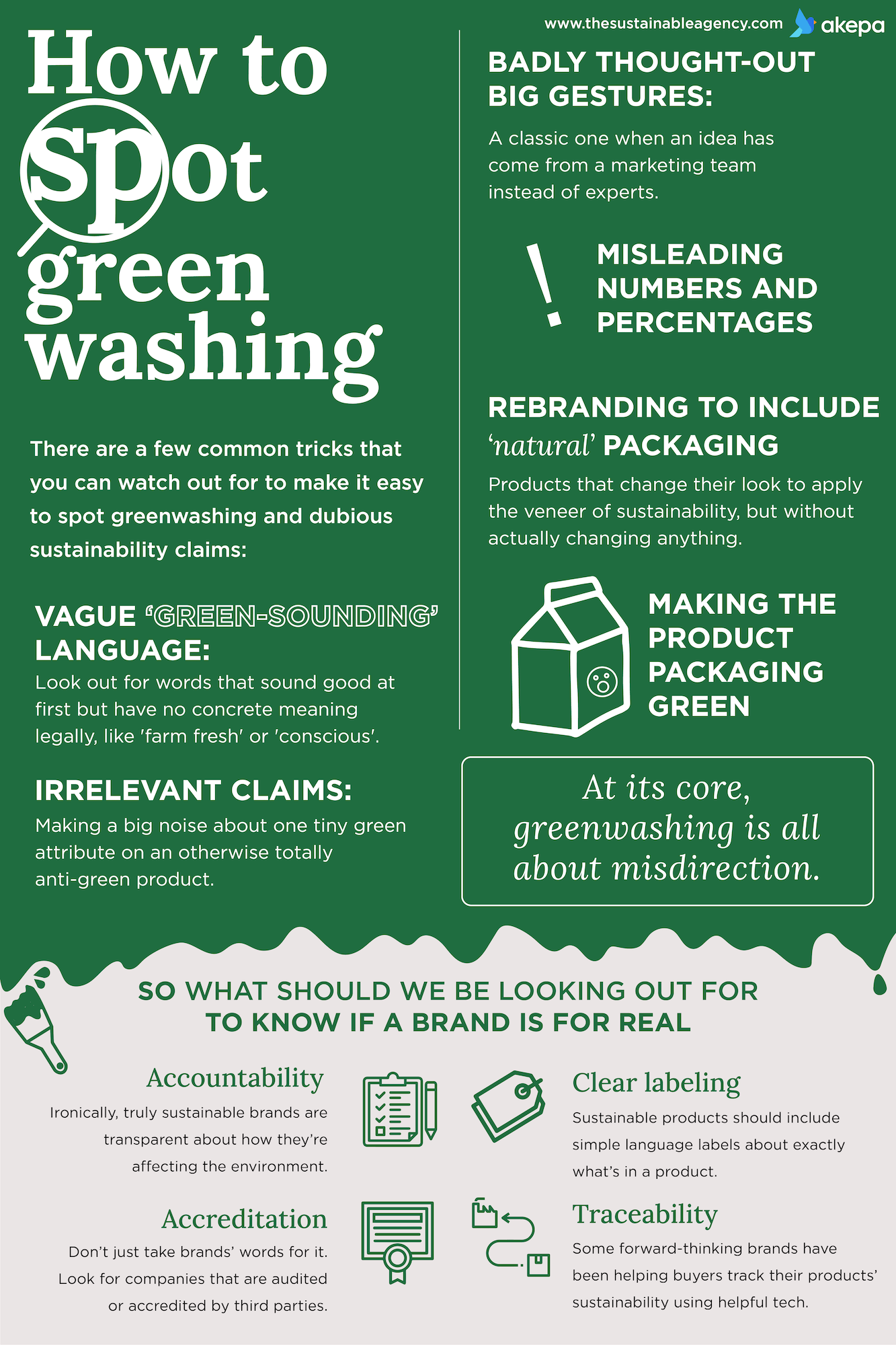
How tourism operators can avoid greenwashing (and pursue authentic sustainability)
If you’re a brand or business owner aiming to be more sustainable, then here are some of our top recommendations to not be one of those hotels that issues notices about reusing towels to save the planet.
1. Create a holistic sustainability policy
Address people, planet, and profit – not just the environment or CO2 emissions. Include aspects like fair pay, community benefits, biodiversity, and cultural respect. The aim should be to consider the full picture.
2. Match words with action
If you make claims then make sure those are lived out visibly in daily operations. Guests and staff will notice gaps quickly and question your sincerity. You might be SA8000 certified but how sincere will that appear if a manager is terrorising hard working staff, in plain sight?
3. Use clear language
Avoid vague green language, like “eco” or “green” or even “sustainable”. At least without backing to give these airy terms some weight. Be specific – share measurable data such as energy use, CO2 emissions reductions, water savings, rewilding efforts, or sourcing policies for food.
4. Back up claims
Show evidence through data, third-party audits, certifications, or real examples. Stories and respected ecolabels build trust. But remember not all are reliable. Back in 2024, Booking.com was told by The Netherlands, where the company’s based, that its sustainability rating system was ‘possibly misleading’. The programme was then ended with the plan to move to third-party certifications instead from March 2025. Here’s our periodic table of certifications, which includes some of the most popular when it comes to sustainable tourism but more are appearing all the time.
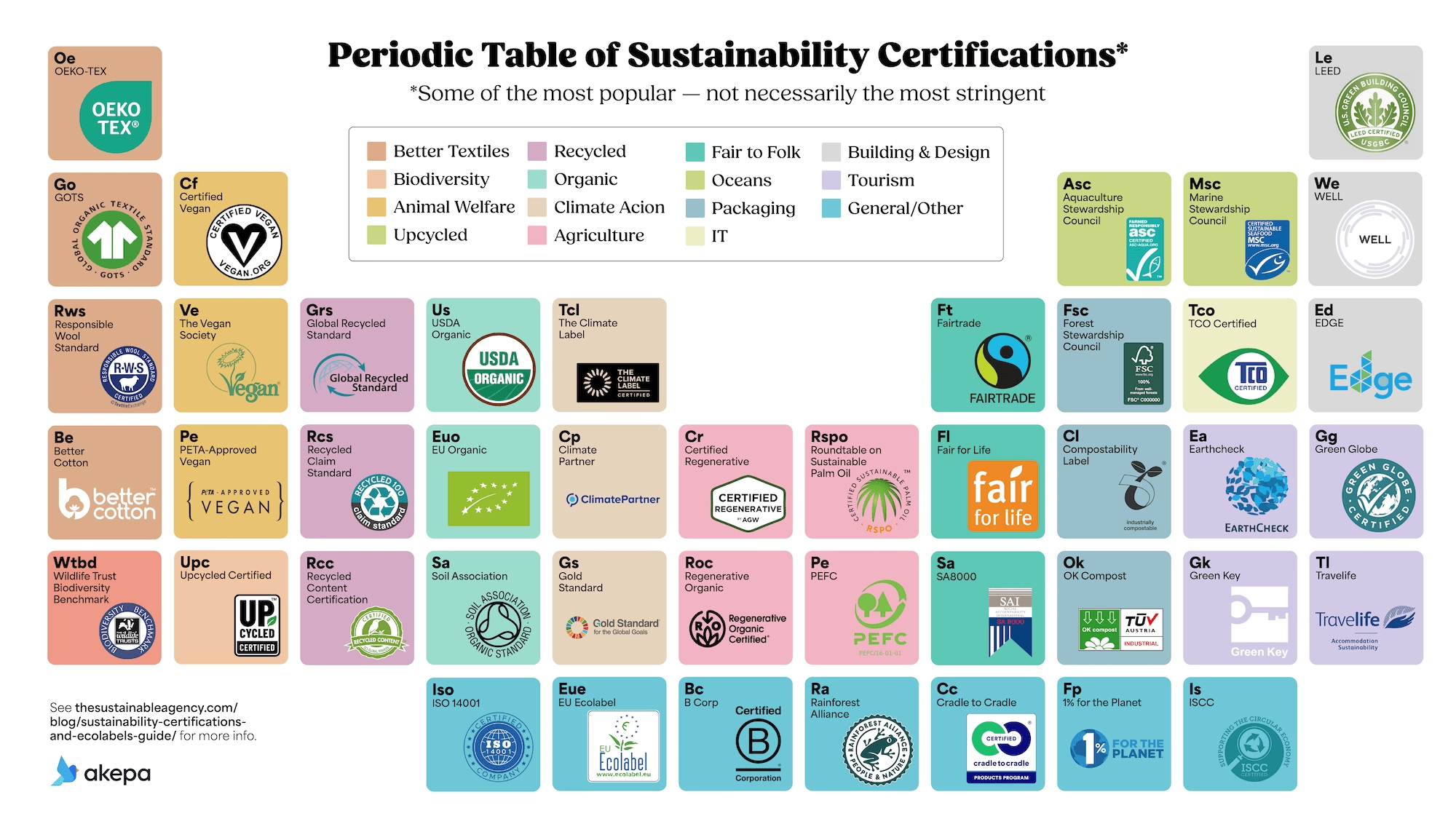
5. Be transparent
Don’t pretend to be perfect. Share progress honestly, acknowledge gaps, and tell the story of what’s next. Ironically, it’s often the brands that admit faults that are more sustainable than others. This openness builds trust.
6. Blend in biodiversity
The biodiversity crisis is inseparable from the climate crisis. And more than most other sectors, tourism needs to consider its impact on biodiversity; especially the local impacts. There are straightforward steps here: resist using pesticides when controlling irritants like mosquitoes, plant local species of flowers and flora, manage waste responsibly, and preserve (or even rewild) the area around the resort. If running wildlife tours then make sure they’re respectful and not exploitative.
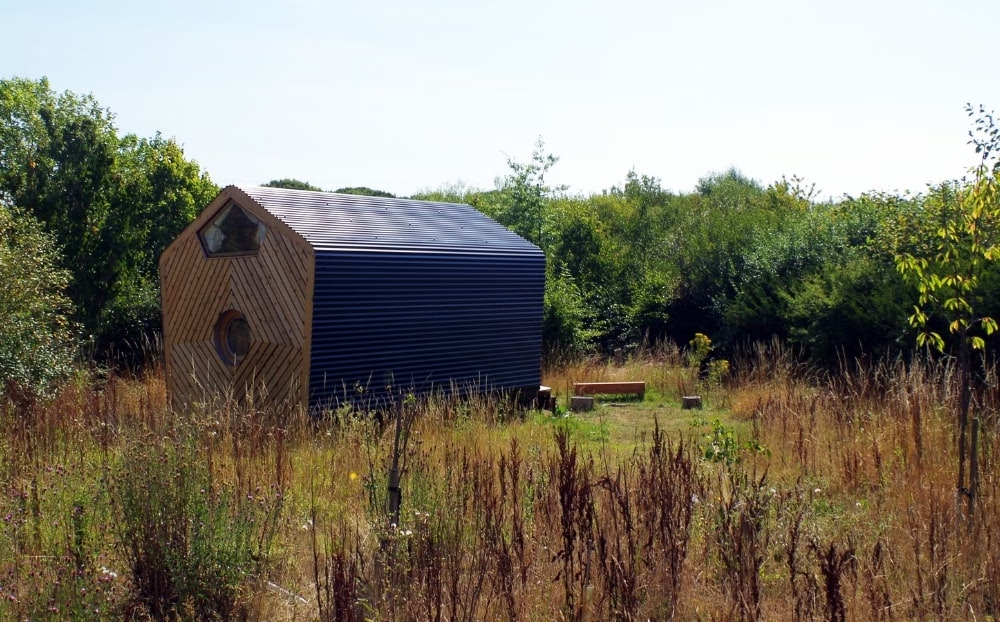
7. Focus on reductions, not offsetting
Cut emissions directly through efficiency, circularity, waste reduction and renewable energy. Use offsets as a complement, not a substitute. Only use high-quality offsets to cover what’s unavoidable and be skeptical of tree-planting projects.
8. Avoid greenhushing
Hiding achievements out of fear of criticism is also misleading. Communicate accurately, openly and confidently, even if your journey isn’t complete. Don’t be shy – it’s fine to promote your sustainability loudly as long as you’re being accurate and not misleading visitors.
9. Put people at the core
Sustainability is social too. So protect worker rights, get safe conditions in place, and try to include surrounding communities when sharing the benefits of tourism.
10. Keep learning
Sustainability should be simple but while there are some fundamental truths it’s a fluid concept. What works today might not fly tomorrow, or even later that afternoon. Stay up to date with sustainability standards and train staff so practices are consistent and credible across your business.
And of course, for a lot of the above, it’d be remiss of us to not mention that a sustainability marketing agency like Akepa can help you clearly communicate your efforts to folk.
That’s all for now. If you’re a tourist then enjoy your travels; look out for greenwashing because there’s a lot of it about. And if you’re an operator aiming at authentic sustainability then best of luck on your intrepid journey.
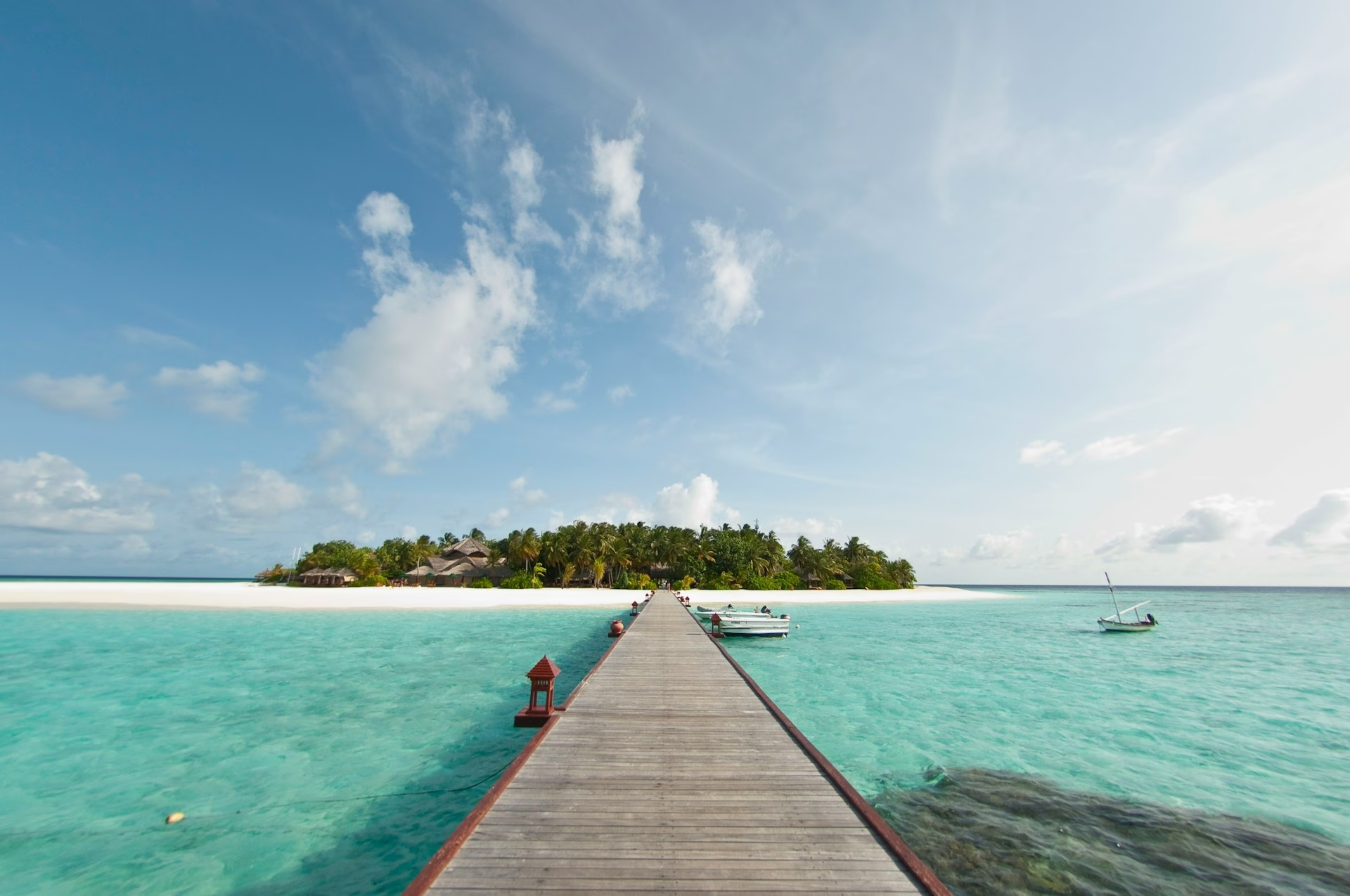


Leave a Reply